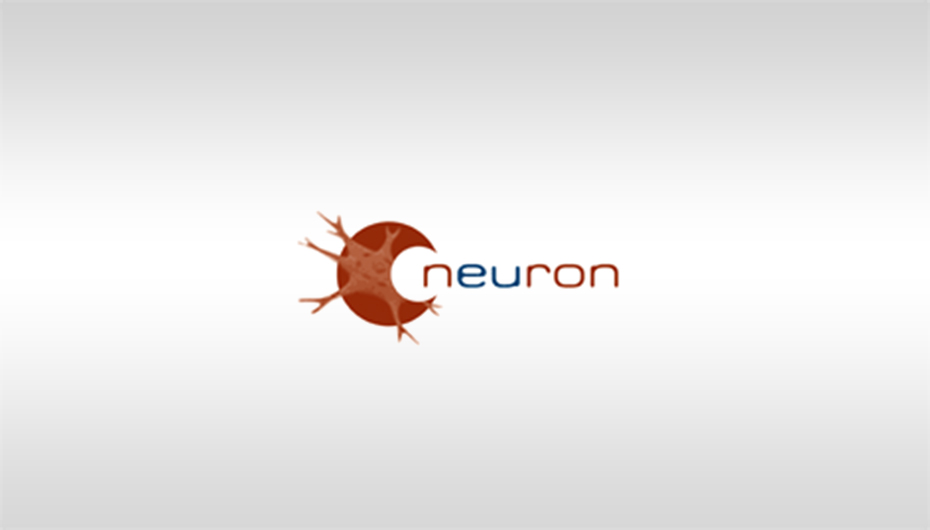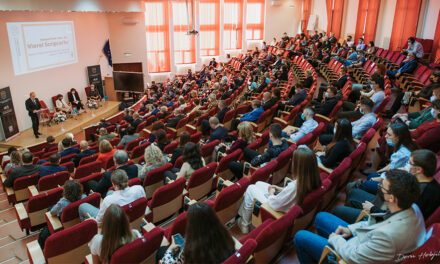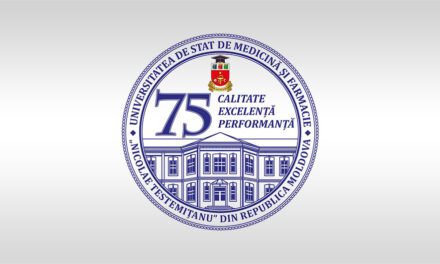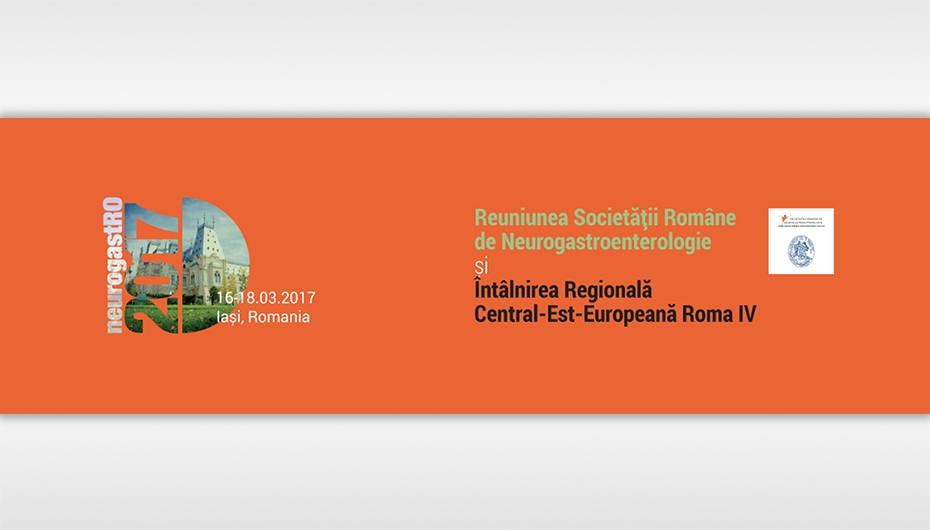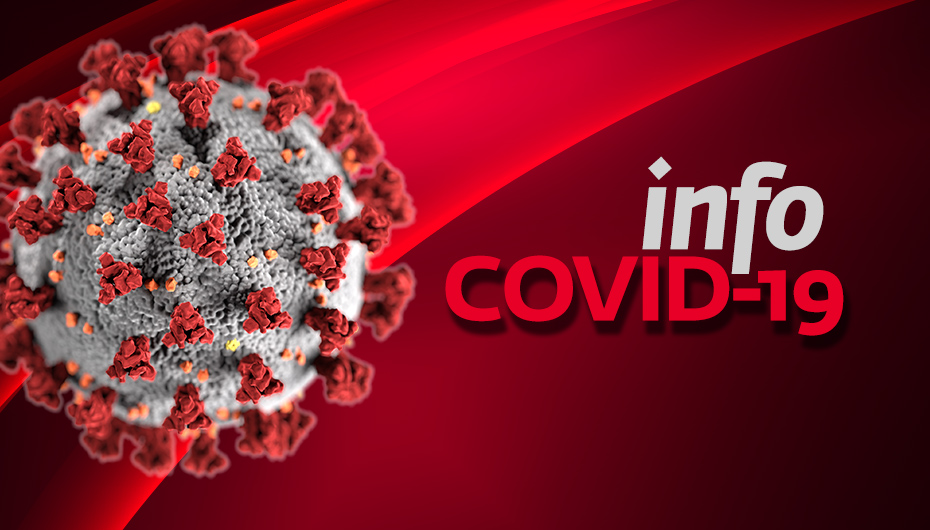Disorders of the brain are major causes of morbidity, mortality and impaired quality of life. Around one billion people suffer from disorders of the central nervous system. To promote biomedical and health research in the field of biomarkers in brain disorders, the ‘Network of European Funding for Neuroscience Research’ (NEURON) has been established under the ERA-NET scheme of the European Commission (EC). Using the ERA-NET mechanism, an international joint transnational call for funding multilateral research projects in the field of biomarkers in disorders of the brain will launch on January 9th, 2019.
The following funding organizations intend to fund the present joint call for multinational research projects. Participating funding organisations will be published in the call text.
| Fonds de la Recherche Scientifique (FNRS) | Belgium |
| Research Foundation – Flanders (FWO) | Belgium |
| Fonds de recherche du Québec – Santé (FRQS) (Québec) | Canada |
| Canadian Institutes of Health Research – Institute of Neurosciences, Mental Health and Addiction (CIHR-INMHA) | Canada |
| Academy of Finland (AKA) | Finland |
| French National Research Agency (ANR) | France |
| Federal Ministry of Education and Research (BMBF) | Germany* |
| General Secretariat for Research and Technology (GSRT) | Greece |
| Ministry of Health (MOH) | Italy* |
| State Education Development Agency (VIAA) | Latvia |
| The Research Council of Norway (RCN) | Norway* |
| National Centre for Research and Development (NCBR) | Poland |
| Fundação para a Ciência e Tecnologia (FCT) | Portugal* |
| Executive Agency for Higher Education, Research, Development & Innovation Funding (UEFISCDI) | Romania |
| Slovak Academy of Sciences (SAS) | Slovakia |
| National Institute of Health Carlos III (ISCIII) | Spain |
| Swiss National Science Foundation (SNSF) | Switzerland |
| The Scientific and Technological Research Council of Turkey(TUBITAK) | Turkey* |
* decision pending
1. Aim of the call
The aim of the call is to facilitate multinational, collaborative research projects that will address the unmet medical need for valid and reliable biomarkers for the diagnosis, patient stratification, prognosis, monitoring and prediction of treatment response and side effects in neurological and psychiatric diseases.
The NEURON funding organizations particularly wish to promote multi-disciplinary work and translational research proposals that combine basic and clinical approaches. In the context of the present call, the inclusion of psychiatrists and/or neurologists in the postulating consortia is highly encouraged, along with fundamental neuroscientists. The consortia are expected to submit novel, ambitious ideas that can only be achieved by the complementary collaboration between partners.
Research proposals should cover at least one of the following areas:
a) Fundamental research addressing the discovery and validation of biomarkers to be used as bio signatures of the pathophysiology associated to specific neurological and psychiatric diseases.
b) Clinical research on clinically relevant biomarkers for the diagnosis, patient stratification, prognosis or monitoring or prediction of treatment response and side effects for specific neurological and psychiatric diseases.
Proposals may include hypothesis-driven studies on a variety of biomarkers, e.g. structural, functional, molecular, genetic biomarkers. Digital, behavioral or cognitive biomarkers are eligible only in combination with other bio signatures. In all cases, a clear pathophysiological correlate and studies on human participants or tissue should be included in the proposal. Clinical studies are eligible up to the point of proof of concept.
To address an important translational gap in the biomarker validation process, proposals are encouraged to perform retrospective validation for pre-identified candidates using high quality data samples such as highly stratified patients populations and rigorous analytical methods. Moreover, the combination of at least two types of biomarkers is required for biomarkers’ validation studies.
Research consortia must demonstrate relevant expertise and range of skills required to conduct the study, including rigorous study design; alternatively, appropriate collaborations should be in place upon submission. Readily access to high quality biological materials- i.e. data sets, cohorts, animal models; high quality facilities and the latest analytical technologies- should be established. In this context, it is highly encouraged to get in contact with relevant European infrastructures early in the planning of the projects; in particular EATRIS-ERIC (focused on translational medicine), BBMRI-ERIC (focused on biobanking) and ELIXIR (focused on data sharing).
The development of new technologies is excluded from this call unless appropriately justified by the absence of an alternative validated technology. Animal models or cell models used in the project should already be established and validated. The development of new animal or cell models is excluded from the scope of the call.
Research on neurodegenerative disorders that are addressed by the EU Joint Programme – Neurodegenerative Disease Research (JPND) is excluded from the present call.
The ERA-NET NEURON seeks to strengthen patient engagement in research. Applicants are expected to include patients, where appropriate, in their research process. Meaningful patient engagement can occur at the level of research planning, conducting research or research result dissemination. Patient representatives will participate in the review of selected proposals and provide feedback on patient engagement aspects.
2. General conditions for application
Joint transnational research proposals may be submitted by research teams working in universities (or other higher education institutions), non-university public research institutes, hospitals, as well as in commercial companies, particularly small and medium-size enterprises. The eligibility of the afore-mentioned institutions, together with details of eligible costs (e.g. personnel, material, consumables, travel money, investments), are subject to the administrative requirements of individual funding organizations and will therefore differ. Please note that, for some funding organizations, commercial companies are not eligible or are only eligible under certain conditions (e.g. only in partnership with academic institutions in the consortium). Clarification should be obtained from the individual funding agencies.
Only transnational projects will be funded. Each consortium submitting a proposal must be comprised of a minimum of three research groups eligible for funding by organizations participating in this call. The research groups must be from at least three different countries. The total number of research groups in a consortium is limited to five. Not more than two research groups can be from the same country.
The ERA-NET NEURON strives to strengthen the European Research Area by including as many partner countries as possible in its funding scheme. Therefore, consortia including partners from countries that are to date underrepresented in this funding scheme may increase the total number of partners to six. Participating underrepresented countries will be defined in the call text.
Research groups not eligible to their national funding organizations or from countries which are not involved in this call may participate in projects only if their participation clearly provides an added value to the consortium and if they present evidence on secured budget for their part in the project. In any case, the total number of research groups in one consortium must not exceed five, or six if one comes from underrepresented countries.
Each consortium should have the critical mass to achieve ambitious scientific goals and should clearly demonstrate added value from working together.
Projects can be funded for a period of up to three years and according to the national/regional funding organizations’ regulations.
There will be a two-stage procedure for joint applications: pre-proposals and full proposals. In both cases, one joint proposal document (in English) shall be prepared by the partners of a joint transnational proposal, and must be submitted to the Joint Call Secretariat by one spokesperson, the coordinator.
3. Timetable
The call is scheduled to open on January 9th, 2019.
The deadline for submitting the pre-proposals is scheduled for March 11, 2019, 14:00 CET.
The pre-proposals will be reviewed in a written (remote) peer review process. By mid-May 2017 the coordinators of the top-ranked pre-proposals will be invited by the Joint Call Secretariat to submit a full proposals by June 27, 2019, 14:00 CET.
An international Peer Review Panel will evaluate the full proposals and establish a ranking list of the fundable proposals by scientific assessment. Based on this ranking list the Call Steering Committee will determine the projects to be funded. Based on these recommendations, final decisions will be made by the funding agencies and will be subject to budgetary considerations.
Funding is expected to start early in 2020.

